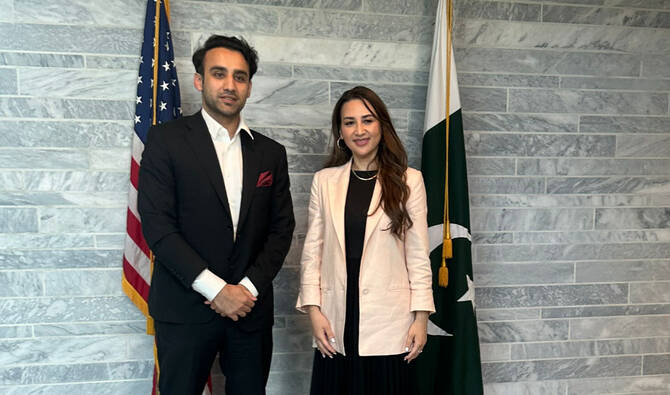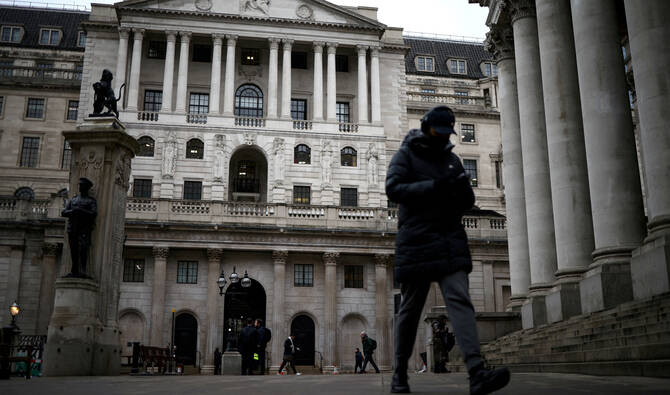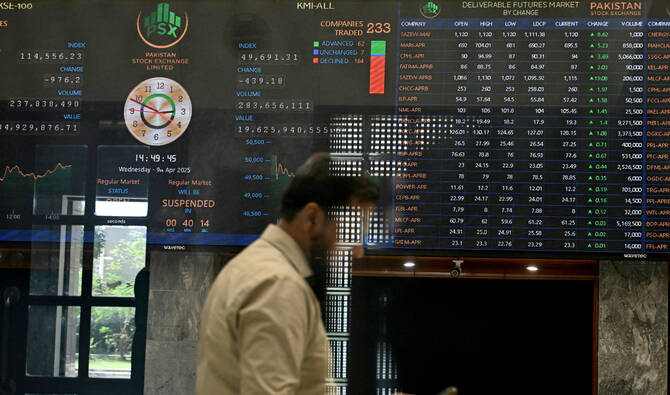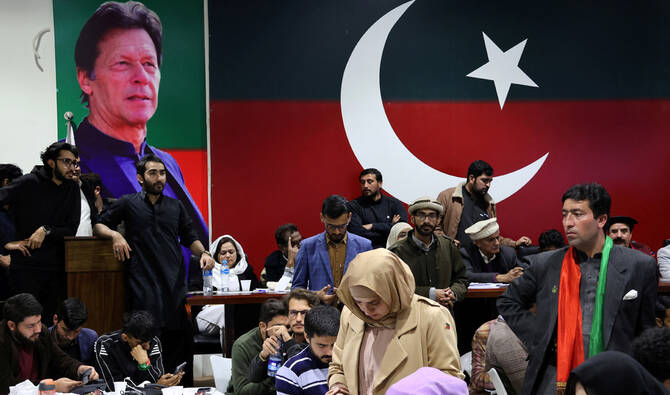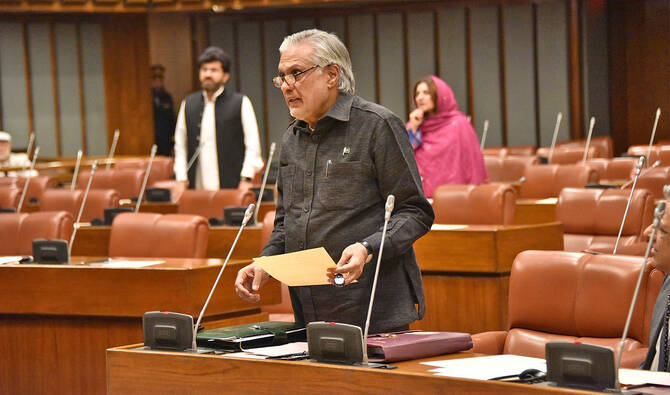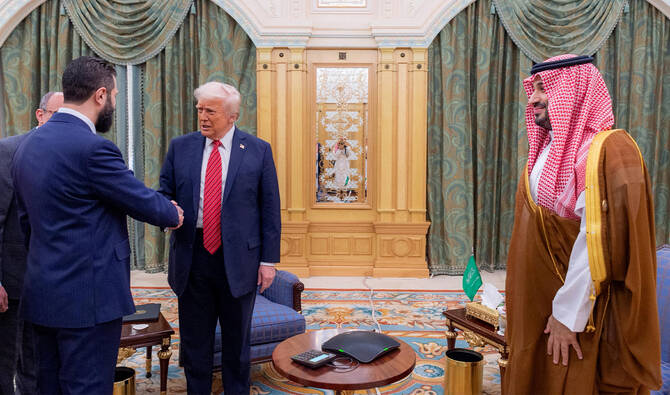ISLAMABAD: Pakistan’s Crypto Council (PCC) CEO Bilal bin Saqib met Acting US Ambassador Natalie Baker on Thursday to seek deeper collaboration with Washington in blockchain and artificial intelligence (AI), the finance ministry said.
Pakistan has increasingly sought to formalize its crypto economy amid rising interest in blockchain technologies worldwide. The country is already among the world’s fastest-growing crypto markets, ranking near the top in global adoption rates, with an estimated $300 billion in annual crypto transactions and around 25 million active users.
As part of these efforts, the PCC last month partnered with World Liberty Financial (WLF), a decentralized finance platform backed by US President Donald Trump, to advance blockchain innovation, stablecoin adoption and decentralized finance (DeFi) integration across Pakistan.
“Pakistan Crypto Council CEO meets US ambassador to advance youth collaboration in blockchain & AI,” the finance ministry’s statement said.
It added that Saqib met Baker to discuss creating bridges between US institutions and Pakistan’s entrepreneurial ecosystem. The PCC emphasized Pakistan’s commitment to becoming a globally competitive innovation hub, with blockchain and AI at the core of its future economy, the council said.
“Pakistan is home to one of the world’s youngest populations — eager, ambitious, and ready to lead the future of Web3 and AI,” Saqib said. “This is the time to invest in them, to connect them with global leaders, and to create real pipelines of opportunity between the US and Pakistan.”
The ministry said that Pakistan plans to initiate joint programs, talent exchange and strategic memoranda of understanding between American tech companies and Pakistani startups to build long-term partnerships that benefit both nations.
“The Pakistan Crypto Council remains committed to using blockchain as a tool of diplomacy, education, and empowerment — ensuring that Pakistan’s youth are not left behind but stand at the forefront of the global digital revolution,” the statement concluded.
Pakistan’s proactive stance to formalize its crypto economy follows its broader push to position itself as a hub for digital finance innovation, with 64 percent of its population under the age of 30.
Rising mobile broadband access, a booming freelance economy and increasing government interest in blockchain have accelerated the country’s Web3 adoption.



